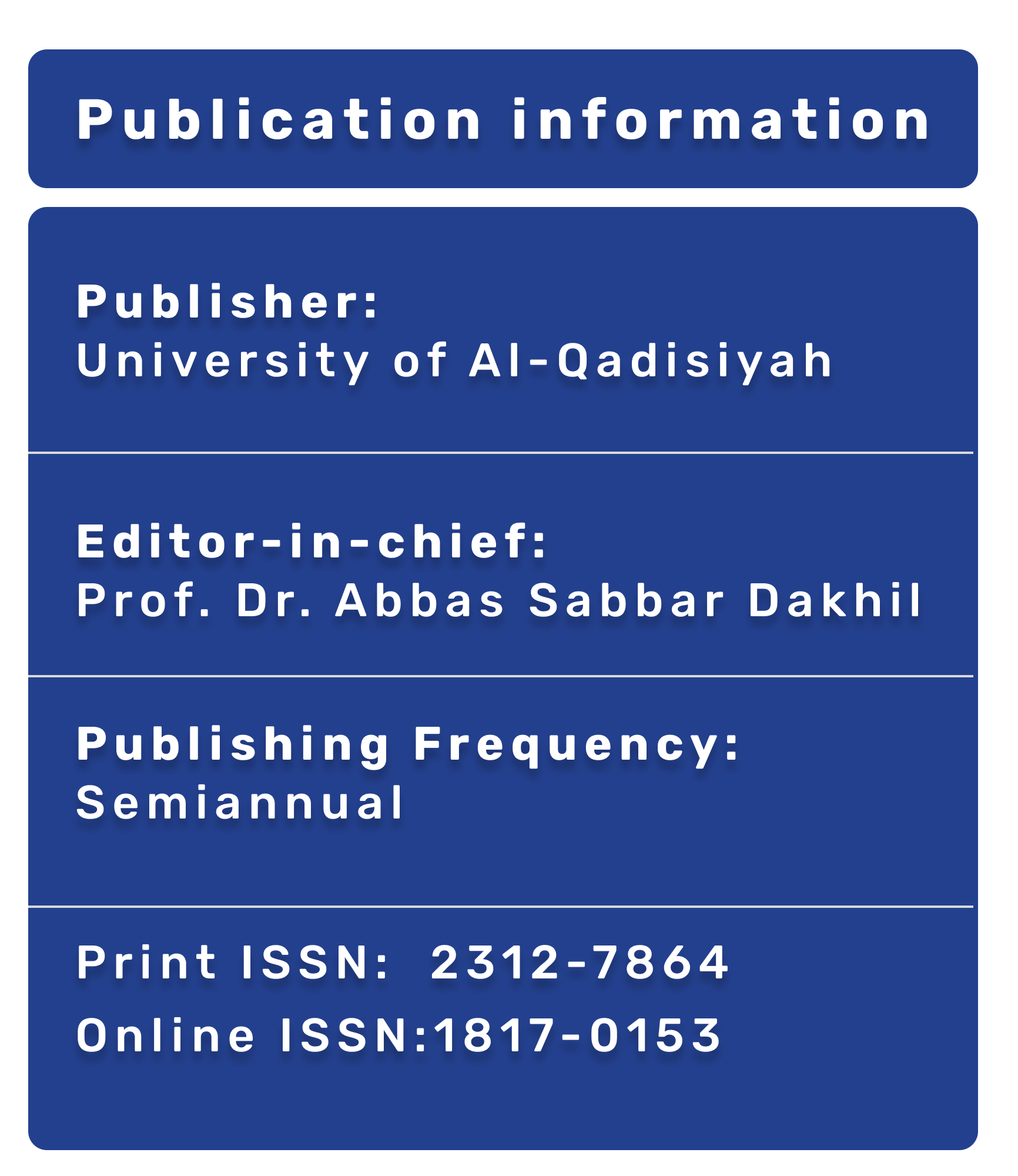The role of human epidermal growth factor receptor (her2/neu) in the prognosis of gastric cancer: a review article
DOI:
https://doi.org/10.28922/qmj.v17i2.1062Keywords:
her2/neu, prognosis, gastric, cancerAbstract
Background: It is worth to mention that the ToGA trial published article described a relatively longer median survival for patients with positive expression of her2/neu in comparison with the overall trend of patients with such malignant tumor questioning the possibility of good prognostic implication of her2/neu gene amplification in association with gastro-esophageal junction tumors. This opinion is indeed in contrast to the observations of other authors who concluded that gene amplification and protein overexpression is associated with poor prognostic implication.
Aim of the study: The lack of consensus in available medical literatures concerning the role of her2/neu overexpression in association with gastric cancer justified the conduction and planning of the current study aiming at inferring a more clear judgment about such role.
Materials and methods: A search in the Google internet search engine was made using the key words gastric cancer and her2/neu. Any relevant medical publication containing these key words was considered seriously and studied thoroughly. The study was aiming at inclusion of researches with statistically adequate sample size and those which were published during the last three to four decades. Inclusion criteria included those articles that evaluated her2/neu overexpression by genetic or immune histochmeistry techniques and those containing an association between her2/neu overexpression and prognosis of gastric cancer measured directly be survival rate or indirectly by other prognostic markers such as grade of the disease, stage of the disease, lymphatic and or gastric invasion and distant metastasis.
Results: The studies that fulfilled the inclusion criteria were 11 studies and out of them, 3 studies mentioned no significant role for her2/neu, whereas, 8 of them were on the contrary. Therefore, most of previous studies, 8 out of 11 (72.7 %), provided insight to the poor prognostic association between her/2neu protein expression and gene amplification and gastric cancer.
Conclusion: The role of her/2neu protein expression and gene amplification in gastric cancer appears to be significant in predicting poor prognosis because of their association in the majority of previous studies with poor survival and or with indirect poor prognostic characteristics.








